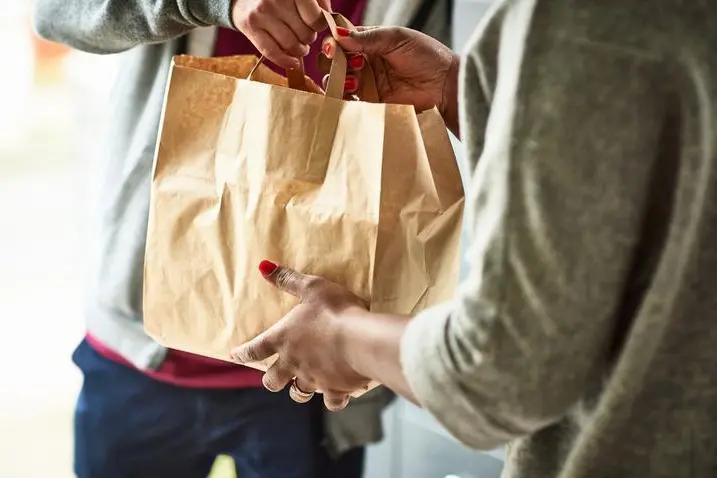PHOTO
Food delivery orders are likely to surge by 80% in Qatar on FIFA World Cup match days, giving restaurants in the host nation a chance to build and maintain a customer base in a highly competitive market.
Data from the Redseer Consulting showed that food deliveries habitually surge in World Cup host countries during tournaments, with the expected food order bounce in Qatar expected to be 30% higher than for typical Indian Premier League (IPL) match days, which is usually 50%.
According to Redseer survey, spending during the tournament will increase most on food delivery, followed by packaged foods, for example bags of crisps and other snack foods, then sportswear.
“There can be issues that the food delivery industry is not profitable, but this gives them a huge opportunity,” Redseer Partner Sandeep Ganediwalla said.
GCC will see food order bounce too
It is not only Qatar that will benefit from the surge in food orders, said Ganediwalla, many fans will be staying in other GCC nations, particularly in Dubai and the UAE and travelling to matches on the day.
According to research published by ForwardKeys, Dubai is the destination that will benefit most from onward traffic from those travelling to Qatar during the World Cup.
Ganediwella said for every $100 increment spent on food delivery in Qatar on a World Cup match day, the UAE will see a $20 increment
He said while aggregators such as Deliveroo, which arrived in Qatar last month, Talabat and the homegrown Carriage still account for up to 75% of orders, large restaurant players such as McDonald’s are increasingly turning towards more direct contact with consumers, for example, by creating their own apps, or by having a direct WhatsApp ordering service.
This direct ordering is the fastest growing segment within the food delivery segment, he said.
“There is an opportunity [for restaurants] to create their own products, get more attention, create loyalty programmes. The bump that they see, they will need to see how they can get those consumers to stay with them and help improve the profitability of the sector overall,” he said.
Average order values (AOV) are likely to be larger, as groups of family and friends watch matches together, he said, meaning a further opportunity for restaurants to benefit as delivery costs remain the same.
(Reporting by Imogen Lillywhite; editing by Seban Scaria)





















